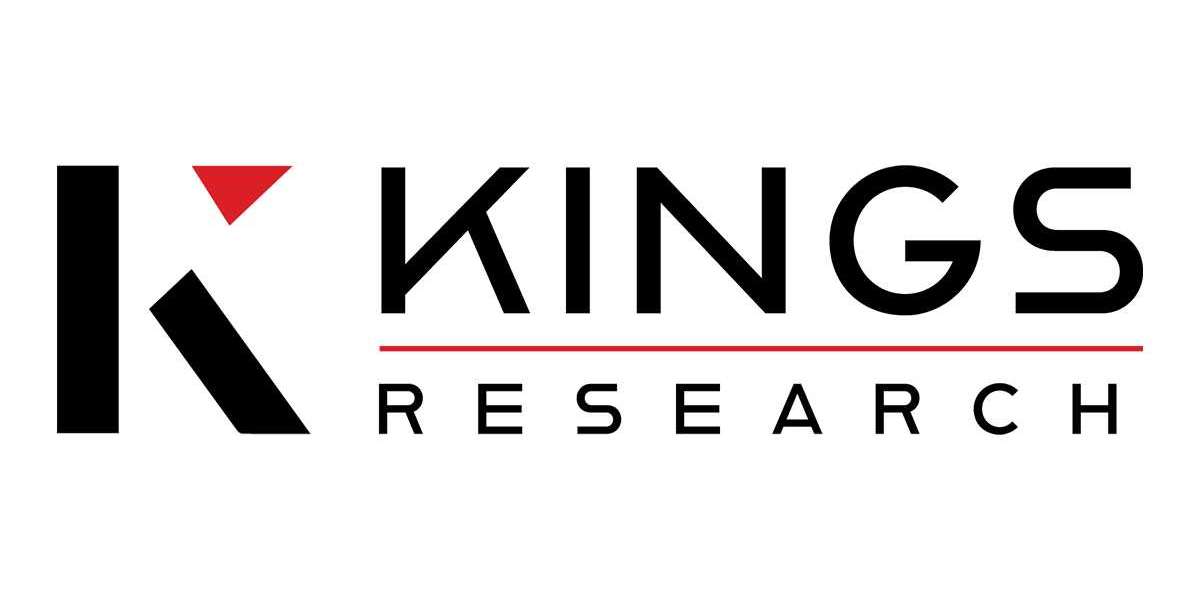In today’s fast-paced world, where physical and mental stress are almost constant companions, holistic healing practices are becoming more important than ever. Among the many therapeutic bodywork traditions, one stands out for its unique blend of ancient wisdom, movement, and mindfulness—Thai yoga massage. If you've ever been curious about how to combine healing touch, assisted yoga postures, and meditative presence, now is the perfect time to learn Thai yoga massage.
What is Thai Yoga Massage?
Thai yoga massage, also known as Nuad Boran, is a centuries-old healing system that originated in Thailand. Unlike traditional Western massage, which is often performed on a massage table using oils, Thai yoga massage is done on a mat on the floor with the recipient fully clothed. It combines rhythmic acupressure, gentle stretching, energy line work, and yoga-like movements. The practitioner uses not only hands, but also elbows, knees, and feet to guide the recipient into assisted stretches and poses.
This therapeutic art is often described as a “meditation in movement” and is deeply rooted in mindfulness, compassion, and the energetic principles of traditional Thai medicine.
Why Should You Learn Thai Yoga Massage?
1. Enhance Your Healing Practice
If you’re a massage therapist, yoga instructor, physical therapist, or energy healer, adding Thai yoga massage to your skill set can greatly enhance your offerings. This modality not only addresses muscular tension but also works on energetic and emotional levels, giving you a comprehensive tool to help others heal.
2. Deepen Your Mind-Body Awareness
To learn Thai yoga massage is to embark on a journey of self-awareness. As you study the mechanics of movement, breath, and energy, you begin to cultivate a deeper relationship with your own body. This awareness helps you become a more intuitive and effective practitioner.
3. Improve Flexibility and Mobility
Even as a student, you’ll experience many of the same benefits as the recipient. Practicing Thai yoga massage often requires the practitioner to move into postures similar to yoga poses, offering gentle stretching and strengthening for your own body while you work.
4. Cultural and Spiritual Enrichment
Thai yoga massage is not just a physical technique—it’s a spiritual practice that honors the concepts of loving-kindness (metta), mindfulness, and the energetic flow of life (lom). As you learn, you’re also immersing yourself in a rich cultural tradition that respects both the science and soul of healing.
5. Build Meaningful Connections
Whether you’re practicing with clients, loved ones, or fellow students, Thai yoga massage fosters connection. It’s a practice rooted in empathy and presence, allowing both giver and receiver to feel seen, heard, and nurtured.
Where Can You Learn Thai Yoga Massage?
Thanks to the growing global interest in holistic wellness, it’s now easier than ever to find programs and teachers that specialize in Thai yoga massage. Here are some popular options:
Wellness Retreats in Thailand – If you're seeking an immersive experience, traveling to Thailand can offer authentic training with experienced Thai masters. Many retreats include cultural experiences alongside your massage training.
Certified Training Schools Worldwide – From Europe to North America, schools such as the Sunshine Network, Thai Massage School of Chiang Mai, and others offer internationally recognized certification courses.
Online Courses – Can’t travel? No problem. You can now learn Thai yoga massage from the comfort of your home through guided video tutorials, interactive lessons, and live-streamed workshops.
Who Can Learn It?
One of the beautiful aspects of Thai yoga massage is its accessibility. You don’t need to be a professional therapist to begin. Anyone with a genuine interest in healing, body movement, and human connection can start learning. Whether you’re a complete beginner or already involved in wellness work, there’s a path for you.
What to Expect in a Thai Yoga Massage Course
Basic Anatomy Energy Lines (Sen Lines)
Fundamental Techniques: Pressing, Stretching, Rocking
Body Mechanics and Ergonomics for the Practitioner
Developing Intuition and Flow
Ethics and Communication
Hands-On Practice with Feedback
Final Thoughts
To learn Thai yoga massage is to unlock a practice that touches body, mind, and spirit. It is both an art and a discipline—a gift that you can offer to others while also enriching your own life in countless ways.
Whether you're looking to deepen your professional skills or simply bring more mindful connection into your relationships, Thai yoga massage offers a powerful and transformative path






